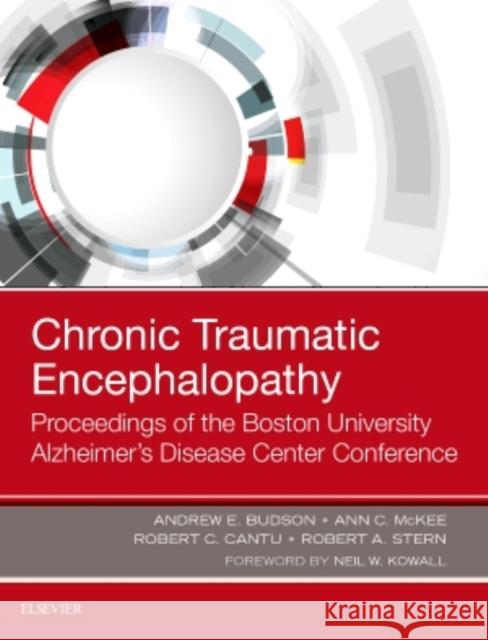Chronic Traumatic Encephalopathy: Proceedings of the Boston University Alzheimer's Disease Center Conference » książka
topmenu
Chronic Traumatic Encephalopathy: Proceedings of the Boston University Alzheimer's Disease Center Conference
ISBN-13: 9780323544252 / Angielski / Twarda / 2017 / 198 str.
Chronic Traumatic Encephalopathy: Proceedings of the Boston University Alzheimer's Disease Center Conference
ISBN-13: 9780323544252 / Angielski / Twarda / 2017 / 198 str.
cena 366,53
(netto: 349,08 VAT: 5%)
Najniższa cena z 30 dni: 362,80
(netto: 349,08 VAT: 5%)
Najniższa cena z 30 dni: 362,80
Termin realizacji zamówienia:
ok. 30 dni roboczych.
ok. 30 dni roboczych.
Darmowa dostawa!
Kategorie:
Kategorie BISAC:
Wydawca:
Elsevier
Język:
Angielski
ISBN-13:
9780323544252
Rok wydania:
2017
Ilość stron:
198
Oprawa:
Twarda
Wolumenów:
01











